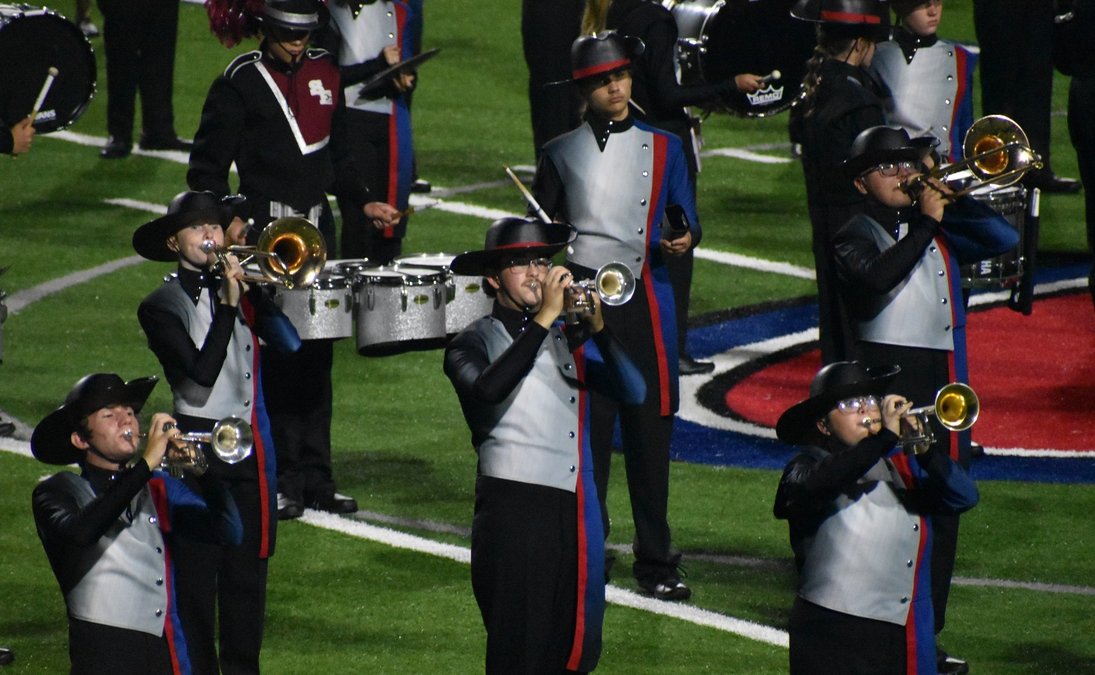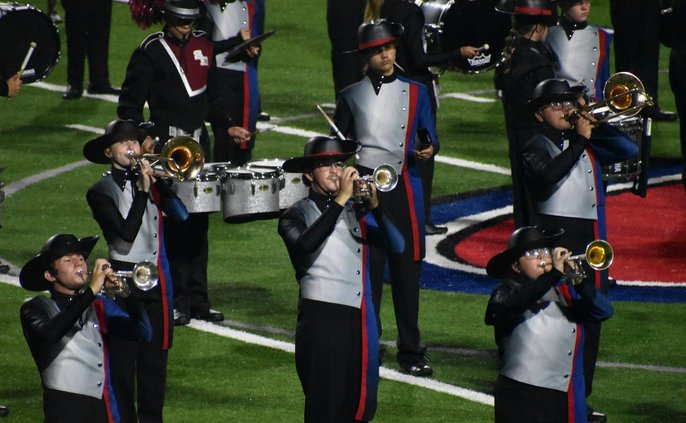An Ogeechee Judicial Circuit judge has ruled Craig Heidt does not merit a new trial for his December 2010 conviction on the murders of his father and brother.
Judge Gates Peed decreed, in an order filed Feb. 21, that Heidt — convicted for the August 2008 murders of his father Philip Heidt and brother Carey Heidt — did not merit a new trial.
Defense attorney Dow Bonds argued that a shotgun brought to authorities during the trial should have been treated as newly discovered evidence.
"Turning to the sufficiency of the evidence, the jury could have found that the evidence reasonably excluded every other hypothesis, except that of the defendant’s guilt," Judge Peed wrote.
Craig Heidt has been sentenced to two life terms plus 85 years.
The shotgun, a Remington 870, is capable of firing the shells believed to have killed both Philip and Carey Heidt in Philip Heidt’s home. The shotgun, which was brought by Carey Heidt’s widow Robin to a family friend to repair, once had been turned over to the Effingham County Sheriff’s Office.
"The district attorney’s office knew that neither it nor the sheriff’s office had withheld any evidence in this case," said Assistant District Attorney Michael Muldrew, "and was at all times confident that it would be impossible for the state to show any improper conduct by the state because none had ever occurred."
Bonds also argued that Judge Peed should have granted a change of venue and also erred when he disqualified defense attorney Manubir Arora. Bonds also charged that the improper introduction of evidence of prior difficulties "placed the defendant’s character at issue."
Judge Peed wrote that neither the state nor the defense appealed to the record on the matter of the shotgun. The judge said nothing offered by the state inferred knowledge of the gun through either the defendant, Robin (Heidt) Cave or Chris Heidt.
"However, nothing offered by the defense (shows) that the state either willfully or inadvertently failed to disclose the existence of the gun at trial," Judge Peed wrote, "nor has the defense shown that the gun was relevant to the case or his defense."
Judge Peed pointed out that no shell casings were ever found, and there are no tests available to match the gun to the crime.
No murder weapon was found, but a Remington 870 shotgun that belonged to Craig Heidt was reported missing after the murders.
"There is nothing in the record that shows the gun was exculpatory or that the gun could be used for impeachment purposes," Judge Peed wrote. "The court does not find that the defendant has shown that there would have been a reasonable probability that the conviction would have been different."
The judge also said the change of venue issue was "thoroughly addressed" in a Dec. 1, 2010, order. Judge Peed said that publicity itself is not a grounds for a change of venue and qualified jurors do not need to be totally ignorant of the facts and issues involved "in order to guarantee that the defendant has a panel of impartial, indifferent jurors."
Judge Peed disqualified Arora as defense counsel on April 16, 2010, after prosecutors said Arora also represents a material witness in the case. Judge Peed said that since the state Supreme Court declined to consider the matter, Arora’s disqualification would stand.
Bonds objected to the testimony of Loretta Brower, who said Carey Heidt told her of an altercation between he and Craig Heidt. Judge Peed said her statement was admissible hearsay.
Bonds has 30 days to file an appeal with the state Supreme Court. Once the case is placed on the state Supreme Court’s docket, the defense has 20 days to file a brief and the state will have 20 days to file a response.








